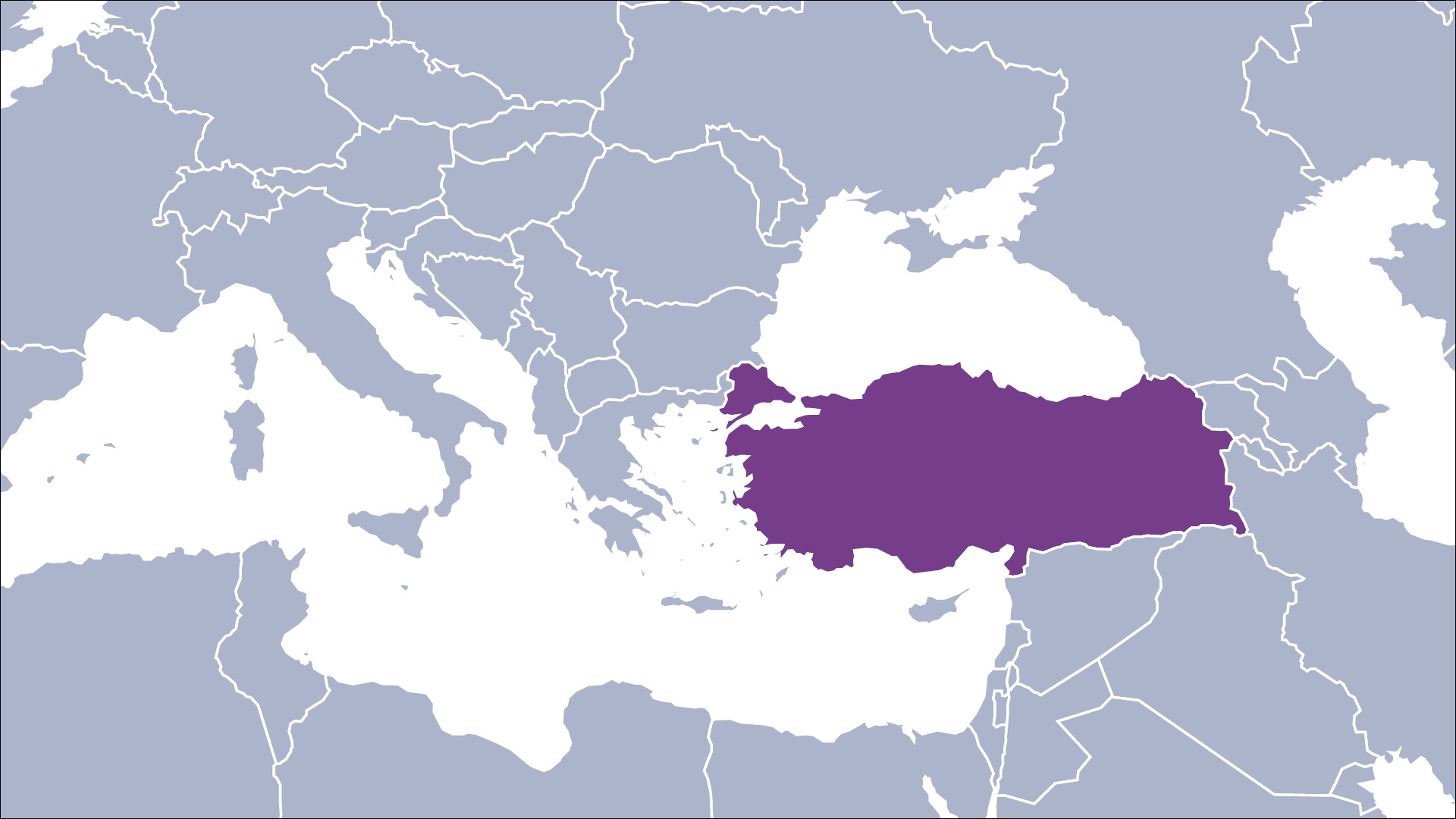This content is also available in: German
Türkiye
Sitting at the crossroads between Europe and Asia, Türkiye’s energy transition gained renewed momentum after the country pledged to reach climate neutrality by 2053.

The Turkish power system has undergone a remarkable transformation over the past two decades. Türkiye began restructuring its power system in 2001 in an effort to meet the energy demands of a rapidly growing economy and population more effectively. The liberalisation and privatisation of the electricity market allowed private entities to participate in power generation, distribution and supply with the long-term view towards promoting energy security through increasing domestic production capacity and reducing overall power system costs.
Renewable energy resources have represented the vanguard of Türkiye’s power system diversification. While hydropower played a leading role by supplying one-third of total power generation over the past two decades, the past decade has witnessed a steep rise of wind and solar. Declining costs coupled with an enabling regulatory and financial environment have helped grow the share of wind and solar to 12 percent in 2020, compared with just 1.4 percent in 2010.
Until very recently, Türkiye’s energy strategy has focused predominately on security of supply, rather than emissions reductions. The announcement by Türkiye’s general assembly in October 2021 to target climate neutrality by 2053 under the framework of the Paris Agreement marks a watershed moment for Turkish energy and climate policy.
Agora Energiewende supports our local partner through technical and economic assessments exploring options for developing a sustainable energy system.




